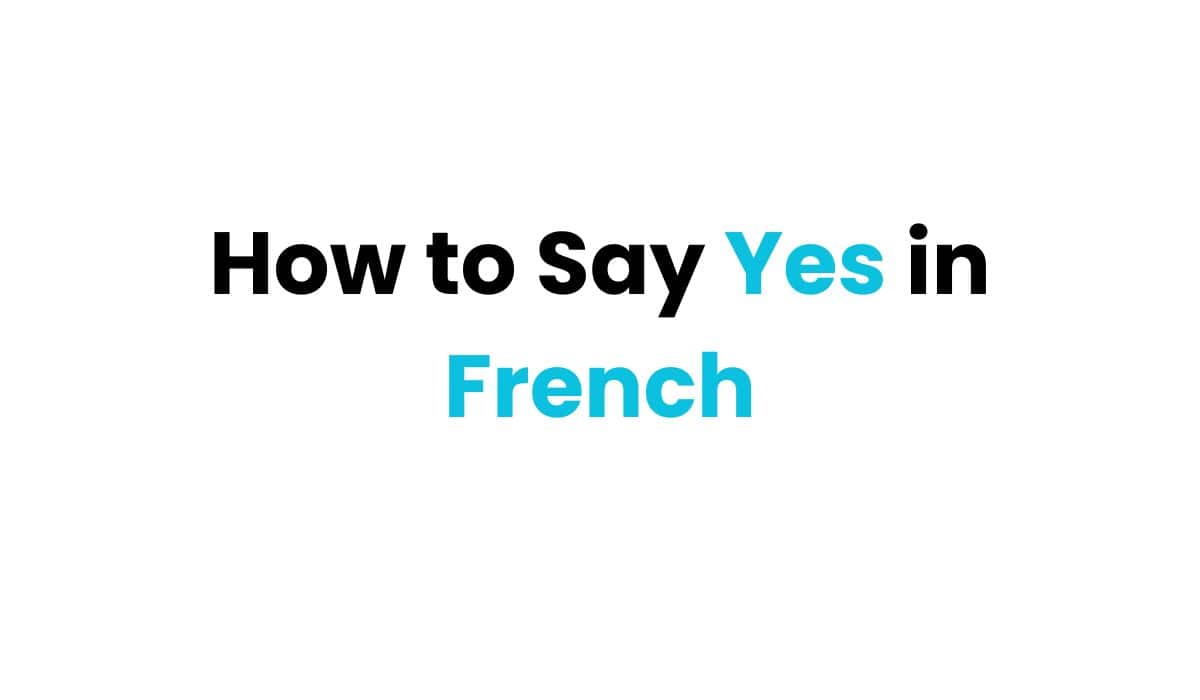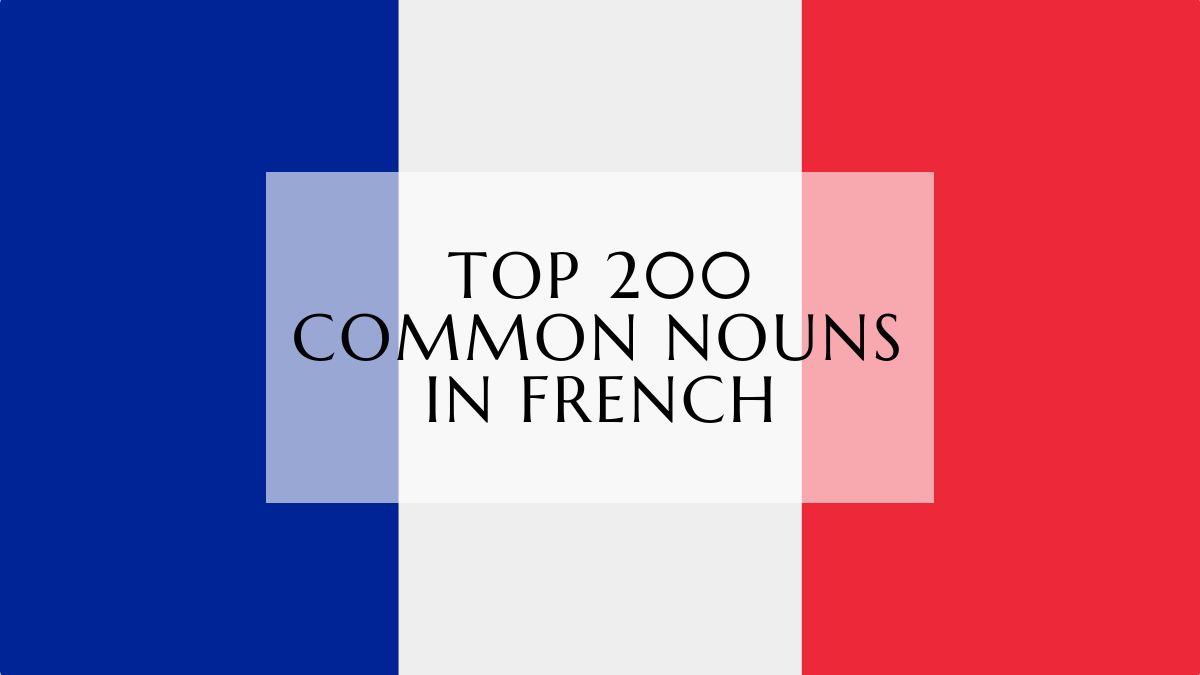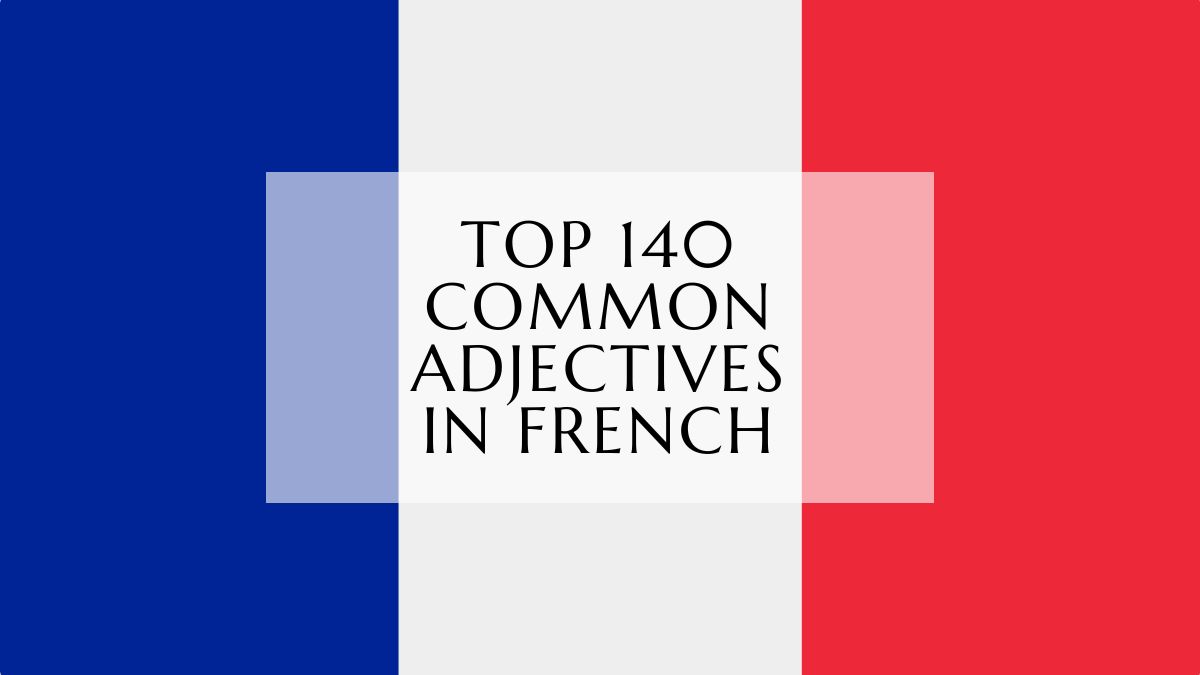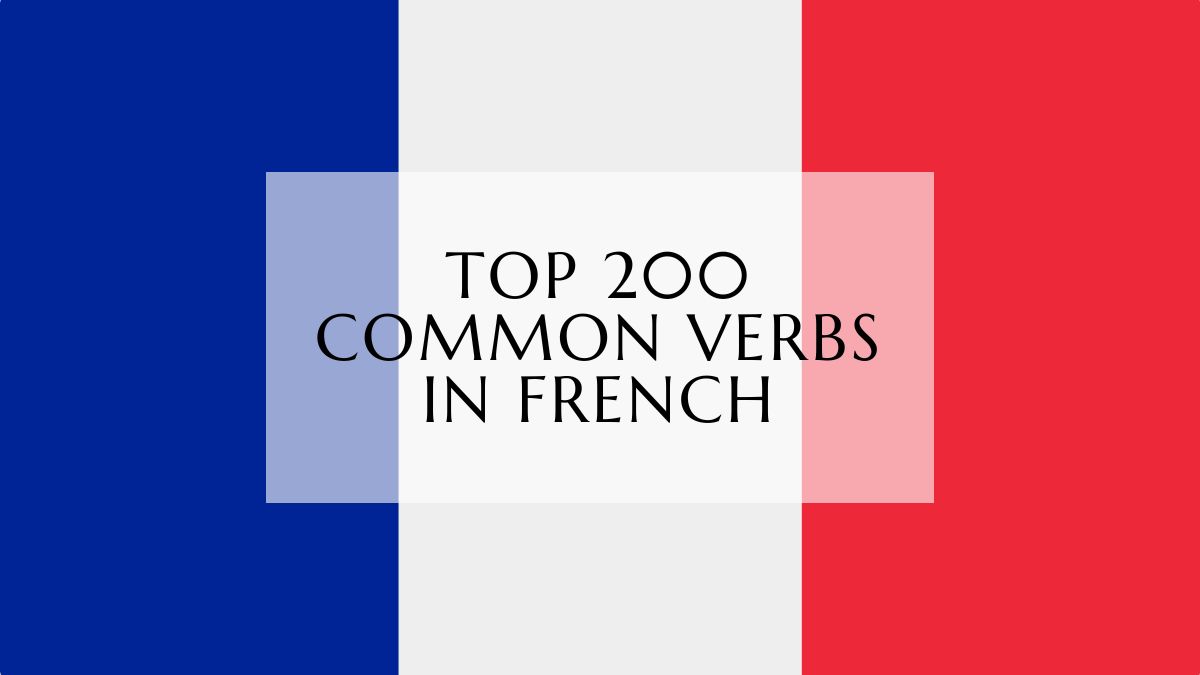Learning to say “yes” in French is key to good communication. You’ll discover “oui” and other phrases like “bien sûr” and “d’accord.” This guide will help you understand how to agree and show approval in French.
Whether you’re new to Français or already speak it well, knowing how to say “yes” is important. It makes you sound more confident and fluent in conversations.
By the end of this guide, you’ll know how to say “yes” in French. You’ll learn both common and more casual ways to agree. Get ready to talk like a native and impress your French-speaking friends.

The Basics of Saying “Yes” in French
Learning to say “yes” in French is a key step. The word oui is the most direct way. It sounds like “we” in English. You can use it in many situations, from formal to casual.
But, people also say ouais, which sounds like “yeah.” Knowing when to use oui and ouais makes you sound more natural when agreeing.
Oui: The Simple French “Yes”
Oui is the main word for “yes” in French. It’s formal and polite. Use it in business meetings, at restaurants, or when meeting new people.
Ouais: The Casual French “Yeah”
Ouais is for casual “yes” moments. It’s used in everyday talks with friends and family. It shows you’re comfortable with the person.
“Ouais, je suis d’accord avec toi.” (Yeah, I agree with you.)
While ouais is okay for friends, use oui with authority figures or in work settings.
Common Phrases and Expressions
The French language has more than just “oui” to say “yes.” Phrases like “bien sûr” mean “of course” and show you’re sure or certain. “D’accord” means “OK” and shows you agree or accept something. Learning these phrases helps you sound more natural and clear in French.
Bien sûr: “Of Course” in French
“Bien sûr” is a strong “yes” in French. It means the answer is clear or obvious. It’s great for saying “yes” when the answer is easy to see.
D’accord: “OK” in French
“D’accord” is used to agree, accept, or show you understand. It’s like saying “OK” in English. It works in many situations, from casual talks to formal meetings.
| French Phrase | English Translation | Usage |
|---|---|---|
| Bien sûr | Of course | Expressing strong agreement or certainty |
| D’accord | OK | Indicating agreement, acceptance, or understanding |
Nuancing Your French “Yes”
This Romance language has many ways to say “yes” with different meanings. From “oui” to more expressive forms, learning these can make your “yes” more meaningful. It helps you show how much you agree or how excited you are.
Évidemment: “Obviously”
“Évidemment” means “obviously” in English. It shows you’re sure or maybe a bit annoyed that the answer is clear. Using it shows you’re confident and can make your message stronger.
Oui, Oui: Emphasizing Your “Yes”
Saying “oui, oui” adds emphasis to your agreement. It shows you’re eager to agree or to end a discussion quickly. This way of saying “yes” can show your excitement or certainty.
Learning these nuanced “yes” expressions can improve your communication in Français. It helps you connect better with native speakers. By using these subtle variations, you can share your thoughts and feelings more naturally and engagingly.
| French Expression | English Meaning | Context and Usage |
|---|---|---|
| Oui | Yes | The most common and versatile way to say “yes” in French, suitable for both formal and informal situations. |
| Ouais | Yeah | An informal variant of “yes” in French, similar to “yeah” in English. |
| Oui, oui | Yes, yes | Repeating “oui” twice to emphasize agreement, urgency, or enthusiasm. |
| Évidemment | Obviously | Conveying a sense of certainty or mild exasperation, indicating the answer is self-evident. |
| Si | Yes (in response to a negative question or statement) | Used to contradict or correct someone, with no direct English equivalent. |
The Contradictory “Yes”: Si
In Français, saying “yes” can be a bit tricky. The word “si” is used to mean “yes” when faced with a negative question. For instance, if someone asks “Don’t you like cheese?” you say “Si, j’adore ça!” (Yes, I love it!). This way, Français speakers can clearly show they disagree with a negative statement.
The word “si” is very flexible in French. It’s not just for saying “yes” when faced with a negative. It also means “if” and “so” in different situations. Even the contraction “s'” is used in phrases like “s’il vous plaît.”
Learning about “si” helps you understand the language better. It’s key to mastering the language and sounding natural. Knowing how to use “si” correctly makes your Français conversations more effective.
Oualid Cheddadi is the founder of Lingualid, a platform that inspires independent language learners worldwide, regardless of the language they are learning. The name “Lingualid” is derived from the Portuguese word for “language,” “língua,” and the last three letters of Oualid’s name, “Lid.”



